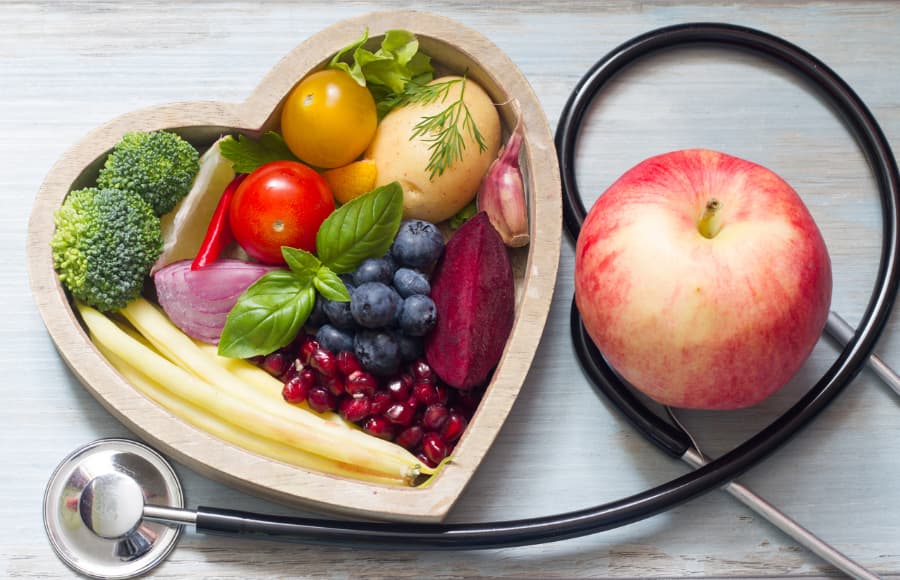The foods people consume can have an impact on their heart health. Some foods help keep the heart healthy, while other foods may harm this vital organ. Richmond University Medical Center in Staten Island, NY, walks patients through which foods to avoid damaging the heart.
How Food Affects Heart Health
The foods people eat play a large role in the body’s overall health. Unhealthy eating may impact the function of different organs, including the heart. An unhealthy diet may raise the risk of a heart attack or general heart issues. Some foods contain higher levels of salt, sugar, or fat, which have been linked to many health conditions. Some common diseases related to diet that affect the heart include:
- High blood pressure (hypertension): Salty foods can increase blood pressure, thus making the heart work harder. Over extended periods, a fast pumping heart could lead to a heart attack.
- Diabetes: Foods that are high in sugar and saturated fat may lead to diabetes. This condition sometimes boosts cholesterol and leads to clotting, stroke, or a heart attack.
- Obesity: Too much sugar, fat, and salt combined can lead to weight gain, which may impact the function of the heart altogether.
- Heart failure: Excessive alcohol or even moderate drinking in combination with existing issues like high blood pressure may increase the odds of developing heart disease. Heavy drinking may translate to high blood pressure, heart failure, strokes, and weight gain.
Since these ingredients are found in many foods, patients should consider checking the packaging on products for grams of sugar, saturated fat, and milligrams of salt. They also may discuss diet options and receive recommendations from their cardiology physicians for information tailored more toward their heart health situation.
Different Foods to Avoid for Heart Health
Many foods contain unhealthy levels of fats, sugar, and salt, making it challenging to know where to start when reducing consumption. For this reason, it may be helpful to try similar, but different, alternatives to these foods instead. For example, a person could replace ice cream with frozen yogurt or sorbet, as a healthier choice for their cardiovascular health. The following are some foods to avoid for heart health:
- Bacon: High in sodium
- Red meat: High in saturated fat
- Soda: High in sugar
- Cookies and other desserts: High in sugar
- Fast food: High in sodium and cholesterol
- Processed meats: High in sodium and saturated fat
- White bread, pasta, and rice: High in refined grains that can cause belly fat, which studies link to heart disease and type 2 diabetes
- Alcohol: May lead to high blood pressure, heart failure, strokes, and weight gain
- Butter and oil: High in saturated fat
- Ice cream: High in sugar and has no nutritional benefits
While these are just a few common foods to avoid for heart health, the list goes on. While patients should decrease their intake of this fare, they do not necessarily need to cut them out altogether. However, focusing on maintaining a heart-healthy diet will make the heart stronger and healthier, eliminating concern over a weakened or damaged heart.
Receive High-Quality Heart Health Care at Richmond University Medical Center
Besides making changes to their diets, patients with a history of heart issues should schedule regulatory cardiovascular check-ups to ensure their heart is operating at optimal health. Individuals in or near Staten Island, NY, can visit Richmond University Medical Center’s cardiovascular department for a host of outpatient services.
For additional information on foods to avoid for heart health, or the types of foods that may increase the risk for heart disease, discuss diet with a physician. Individuals who would like to make an appointment at Richmond University Medical Center may contact us today.




